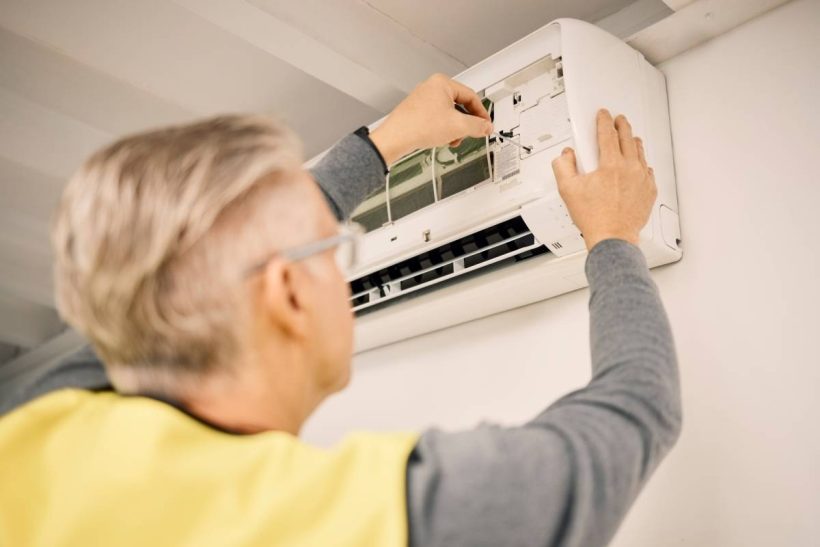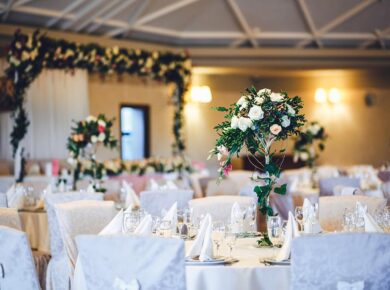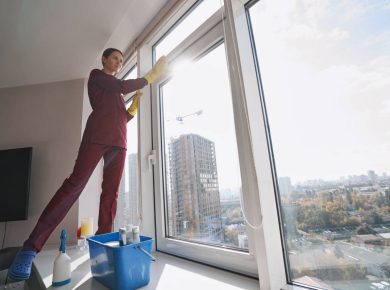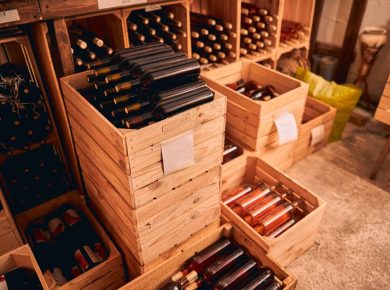Installing a new air conditioning (AC) system is an investment that enhances comfort, improves air quality, and can even boost your home’s value. However, determining the cost of a new system can be a complex task due to the many factors involved.
This article breaks down the various elements that influence the cost and provides a guide to help you budget effectively.
- How to Choose Chandeliers for Ceiling Decoration? What Are the Disadvantages of Chandeliers?
- What is a vinyl frame window? What is the difference between UPVC and vinyl windows? What are the disadvantages of a vinyl-framed window?
- What is the cheapest way to do flooring? What type is most durable? What is the next flooring trend in Australia?
Key Cost Factors
Several variables determine how much you will spend on a new air conditioning system. These include:
1. Type of System
The type of air conditioning system you choose plays a significant role in the overall cost. Common options include:
- Split System: Ranges between $2,000 and $6,000, including installation. Ideal for cooling individual rooms or small areas.
- Ducted System: Costs between $5,000 and $30,000. Suitable for cooling an entire home with centralized temperature control.
- Window/Wall Units: These cost $400 to $1,500 but may not include installation. They’re budget-friendly but limited in coverage.
- Portable Units: Priced between $300 and $800. These are cost-effective but less efficient for permanent solutions.
2. System Size and Capacity
Air conditioners are rated in kilowatts (kW), and the size you need depends on your home’s area, layout, and insulation. Generally:
- Small spaces (10-20m²): 2.5kW – $600 to $1,200.
- Medium spaces (20-40m²): 4-6kW – $1,200 to $2,500.
- Large spaces (40-60m²): 7-9kW – $2,500 to $5,000.
Choosing the correct size ensures efficient cooling and minimizes energy costs.
3. Installation Costs
Installation can range from $600 to $5,000, depending on factors such as:
- Complexity: Multi-storey homes or those requiring extensive ductwork will incur higher costs.
- Labour Rates: Australian rates for licensed installers range from $80 to $150 per hour.
- Location: Remote areas may incur additional charges for travel and logistics.
4. Energy Efficiency
Energy-efficient systems cost more upfront but reduce electricity bills over time. Look for systems with high Energy Efficiency Ratings (EER) or those that are ENERGY STAR certified. For example:
- Standard systems: $1,000 to $3,000.
- High-efficiency systems: $2,000 to $6,000.
5. Additional Features
Modern AC systems come with advanced features that can increase costs:
- Smart thermostats: Add $300 to $500.
- Zoning capabilities: Cost an extra $2,000 to $5,000.
- Air purification systems: Add $500 to $2,000.
6. Government Rebates and Incentives
In Australia, some states offer rebates or incentives for energy-efficient systems. These can offset initial costs by $200 to $1,000.
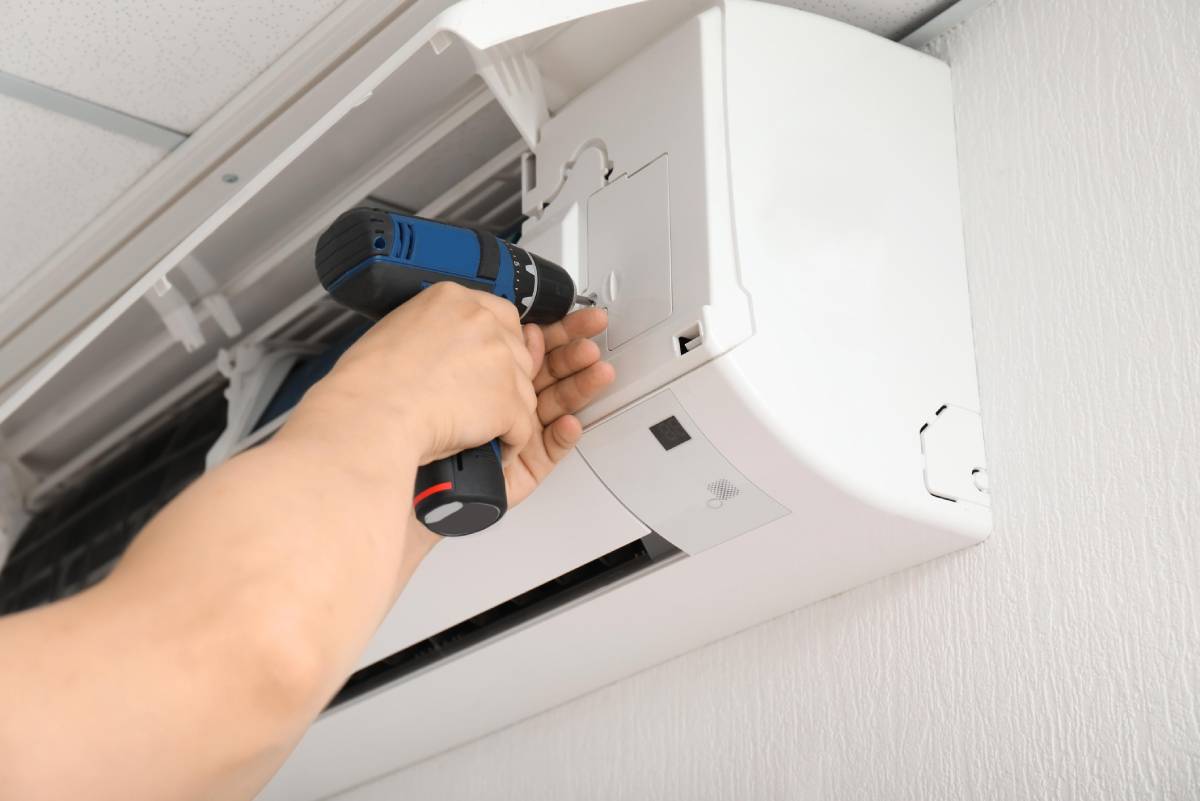
Cost Breakdown by Type of Air Conditioner
Below is an approximate breakdown of the cost, including installation, for different types of air conditioning systems:
| System Type | Price Range (AUD) | Coverage |
|---|---|---|
| Split System | $2,000 – $6,000 | Single room |
| Ducted System | $5,000 – $30,000 | Whole house |
| Window/Wall Unit | $400 – $1,500 | Single room |
| Portable Unit | $300 – $800 | Single room (temporary) |
Long-Term Costs: Maintenance and Energy Bills
1. Maintenance
Regular maintenance ensures your system operates efficiently and extends its lifespan. Typical maintenance costs include:
- Annual service: $150 to $300.
- Filter replacement: $20 to $100.
- Repairs (e.g., compressor issues): $200 to $1,500.
2. Energy Bills
The running cost of an AC system depends on its efficiency, usage, and electricity rates. For example:
- A 2.5kW unit running for 8 hours a day costs approximately $0.80 to $1.20 per day.
- A ducted system may cost $2 to $6 per day, depending on size and usage.
Using energy-efficient settings and performing regular maintenance can significantly reduce these costs.

How to Choose the Right System for Your Budget
1. Assess Your Needs
Consider the size of the space, climate, and frequency of use. A split system may suffice for a small apartment, while a ducted system is better for larger homes.
2. Research Brands
Popular brands in Australia include Daikin, Mitsubishi Electric, Fujitsu, and Panasonic. Compare features, warranties, and reviews to ensure quality.
3. Get Multiple Quotes
Request quotes from at least three licensed installers. Ensure the quotes include:
- System cost
- Installation fees
- Any additional costs (e.g., electrical work, wall brackets)
4. Consider Financing Options
Many providers offer payment plans or financing options. This can make high-end systems more accessible.
5. Look for Rebates
Check state-specific incentives for energy-efficient systems to lower upfront costs.
Tips to Save Money
- Install Off-Season: Prices for installation are lower during autumn and winter.
- Bundle Services: Some companies offer discounts if you install heating and cooling systems together.
- Optimize Efficiency: Seal windows and doors to prevent air leaks and reduce the load on your AC.
Final Thoughts
The cost of installing a new air conditioning system varies widely, depending on factors like system type, size, and installation complexity. By understanding these variables and researching your options, you can find a system that fits your budget and meets your cooling needs.
For professional advice and tailored quotes, consider reaching out to licensed Australian air conditioning installers. Investing in a high-quality, energy-efficient system will not only enhance your comfort but also save you money in the long run.
